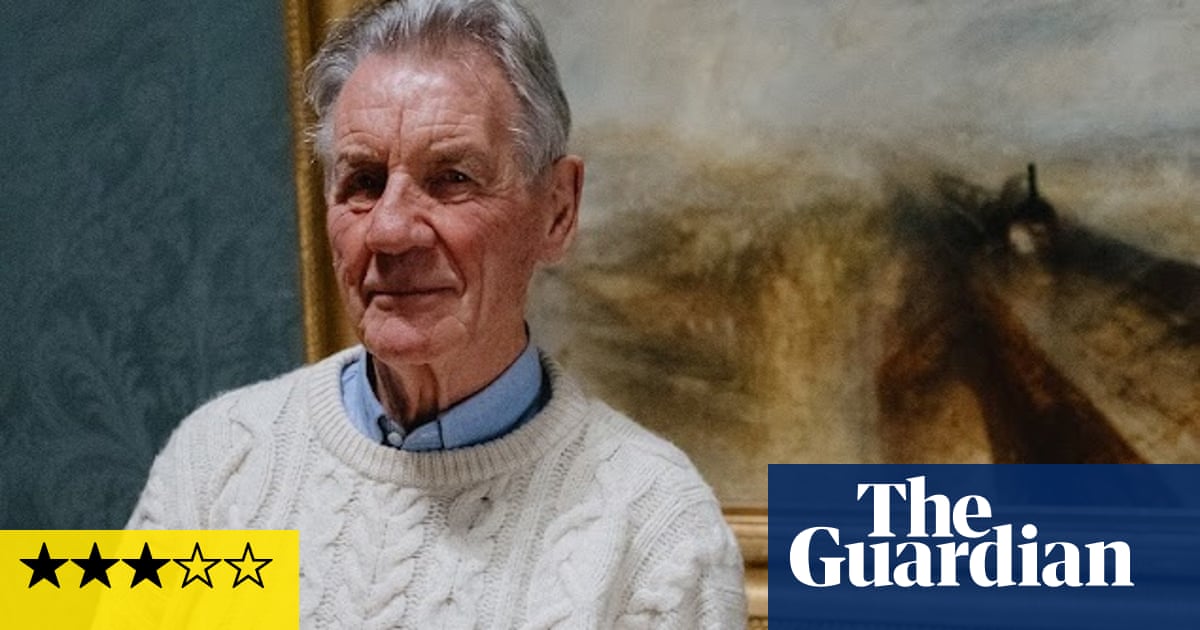
Here is a warm, civilised, and at points quite moving film about the National Gallery’s art collection, timed to coincide with the 200th anniversary of its founding in 1824. It essentially consists of a series of talking-head interviews – mostly National Gallery staff, but also a scattering of outsiders, including a handful of relevant national-treasure celebrities – in which they talk about their favourite paintings. The enthusiasms of the gallery personnel come from an admirably wide range, taking in gift shop sales assistant Joshua Pell (The Adoration of the Kings by Jan Brueghel), corporate development manager Helena Fitzgerald (Degas’ Ballet Dancers) and sign-language guide John Wilson (Pietro Longhi’s Exhibition of a Rhinoceros at Venice). The famous faces, on the other hand, are mainstream TV-friendly types such as Michael Palin (Turner’s Rain, Steam and Speed) and Claudia Winkleman (Leonardo’s The Virgin of the Rocks).
The mood is essentially celebratory, with the accent very much on the personal and emotional (especially the final interviewee, former TV producer Peter Murphy, who manages to get a novel’s worth of life drama into his allotted screen time). The idea is clearly to try to demystify the gallery and connect its contents to the wider public; there is little in the way of scholarly pronouncement here, and only snippets of the institution’s historical development is conveyed (provided by history professor Jonathan Conlin). The makers are the estimable producers of the Exhibition on Screen strand, and are past masters at putting together this kind of engaging, easy-on-the-eye material.
There is an issue, however, around a certain uneasiness of tone; in some ways, the film resembles a very classy in-house corporate morale booster. At a couple of points, though, the film includes hypercritical comments from some of the participants – about the National Gallery’s treatment of race, representation and “elites” which sit somewhat oddly here. No doubt this has arisen from the curatorial crisis of confidence that has been preoccupying the art world establishment for some years now, but they allude to momentous, weighty topics that just don’t get looked at properly here. You can see why the makers wanted to include them – or at least not blank the subject out – but they seem incongruous, and undiscussed, in what is otherwise an emollient, comforting film.
Source: theguardian.com

















